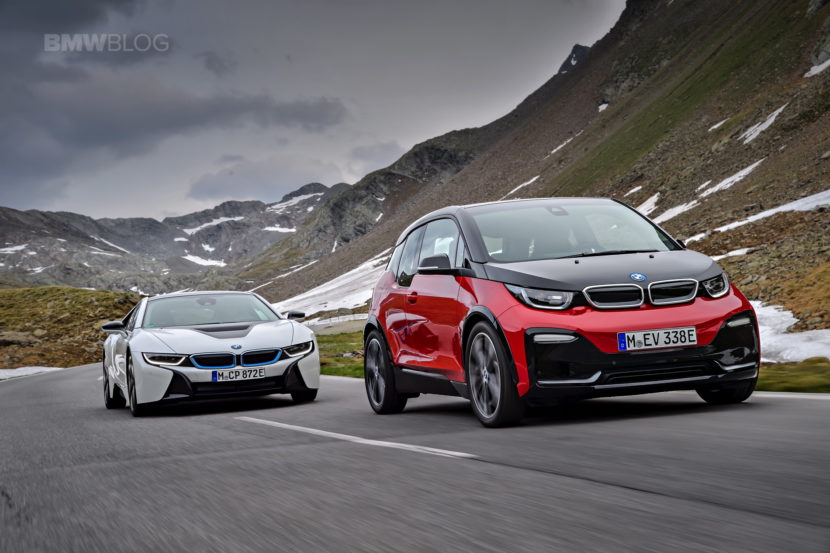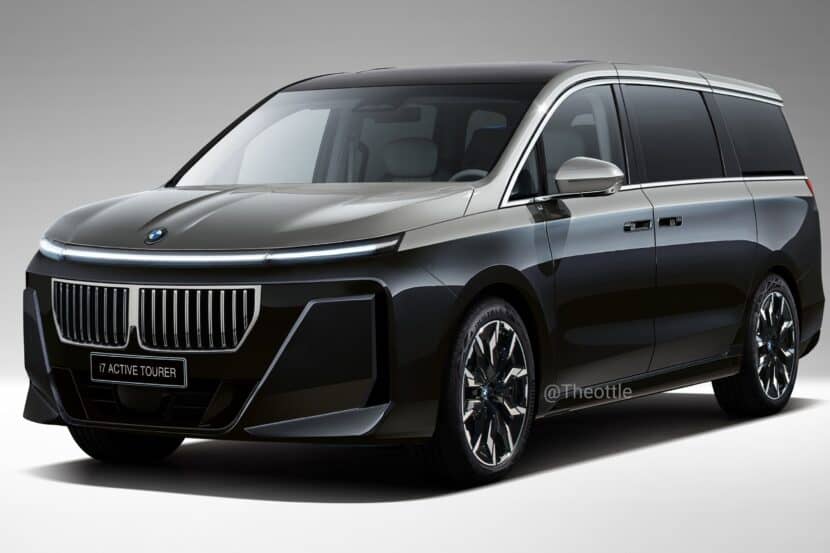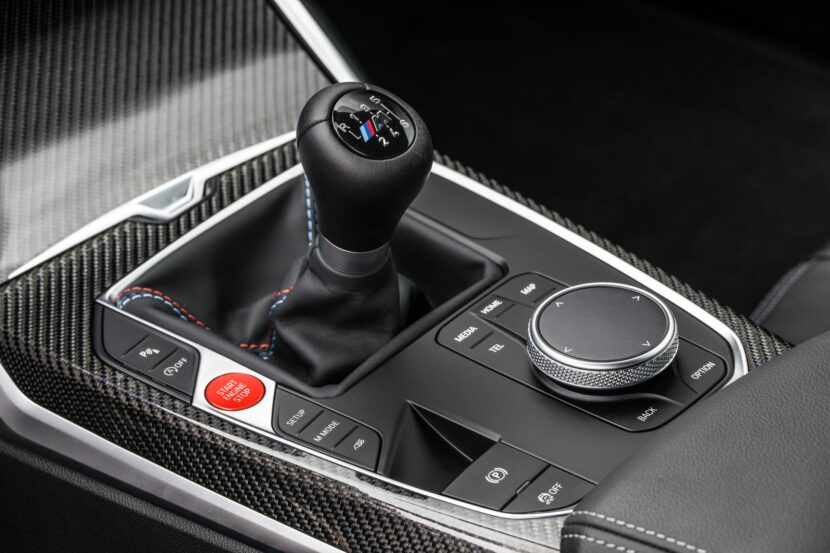Sustainability is something BMW is taking very seriously. According to the Dow Jones Sustainability Index, in 2010 the BMW Group was ranked the highest for the sixth time, making it the most sustainable company in the automotive sector. How would one define “sustainability”? And what does it mean to us as consumers? It has more to do with being citizens of this planet than with the car we chose to drive.
Sustainability has played a defining role in the BMW Group’s strategy and operations ever since the early 70s. Since then, many production processes have been optimized and several innovative technology packages have been incorporated into the company’s vehicles. As a result, emission levels have been significantly reduced, both during the manufacturing process and during the useful life of the vehicle.
But sustainability is not confined solely to environmental issues. BMW Group addresses all three dimensions of sustainability: environmental, economic and social.
With its innovative “LifeDrive” architecture and extensive use of intelligent lightweight design, BMW i3 Concept is purpose-built for electric mobility. This enables an extended driving range and even more efficient zero-emission electric operation – in other words, more miles per kilowatt of electricity. At the same time, sustainability is also reflected in the high-class interior, where for the first time the use of renewable materials is clearly visible.
BMW i3 Concept also has a high recycled material content: 25 per cent of the thermoplastic components by weight have been replaced by recycled and renewable materials, while 10 per cent of the CFRP in the Life module are likewise recycled. The use of recycled CFRP in this form is currently unique.
BMW Group has, for a long time, been investing significant efforts in developing a sustainable production system. In the manufacturing process of its BMW i vehicles, the company will be going even further. Compared with the already highly efficient BMW Group production network, the future production plant for BMW i vehicles in Leipzig, Germany, will achieve additional 70 per cent savings on water consumption and 50 per cent savings on energy consumption per vehicle produced. Furthermore, 100 per cent of the energy used in production of the BMW i will be renewable.
Further opportunity for reducing global warming potential across the entire product lifecycle can be achieved through a carefully focused purchasing strategy for the lightweight materials aluminum and CFRP. Using aluminum produced from 100 per cent renewable energy, also known as secondary aluminum, the brand can achieve savings of 50 to 80 per cent of CO2e compared with a conventional manufacturing process. More than 80 per cent of the aluminum used in the BMW i3 Concept is thus produced either using renewable energy or from secondary material. In CFRP manufacturing, BMW i always uses the most eco-friendly processes. The CFRP produced by the joint venture partner at the Moses Lake plant (USA) is made using electricity generated entirely from renewable hydroelectric power. BMW i suppliers must likewise demonstrate that their business practices are sustainable.
Just like the environmental and economic aspects of sustainability, the social aspects were taken also into account at an early stage in product development and design. Here BMW i is building on the existing very high standards of the BMW Group and is systematically reinforcing its commitment to three key issues: responsibility for employees today and in the future, commitment to ethical standards in the supply chain, and social responsibility.




































































